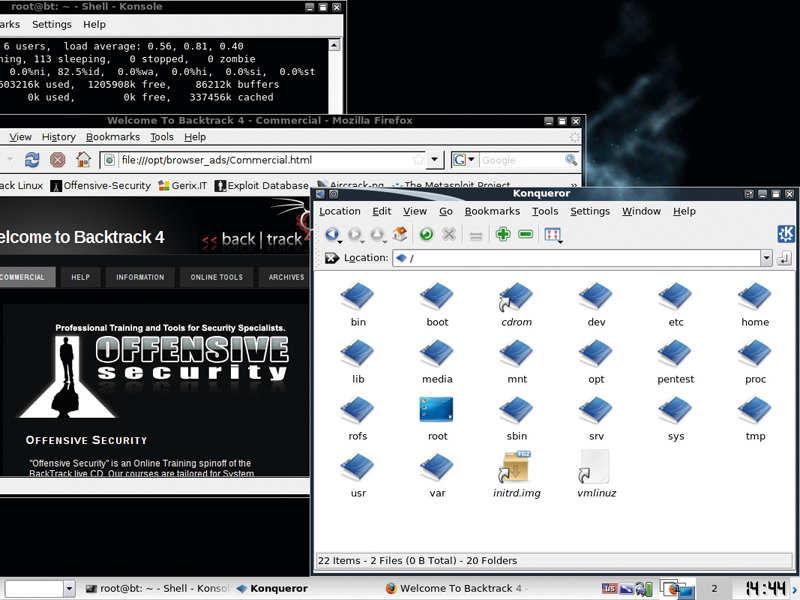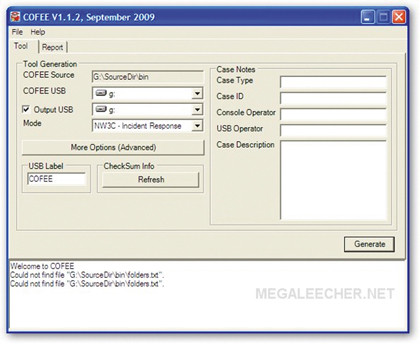How to create your own free computer forensics kit on a USB drive

The super-sleuth detectives in TV show CSI have some very nifty tools to help solve crimes. But the need to keep things interesting and wrap the show up in an hour means the technology used in each episode bears little resemblance to the work of real forensic experts. Or does it?
When it comes to computer forensics, today's tools are becoming more advanced, leaving fewer places to hide information. This tension between fact and fiction took on a whole new dimension when Microsoft's police-only forensic toolkit was leaked on the internet. Reports say that it has more in common with CSI than The Bill.
We're going to show you how to mimic Microsoft's offering using open-source software to unlock Windows accounts, investigate suspicious activity, see any file on a Windows disk and even peruse files that others believe have been permanently deleted.
Forensic toolkit
During November 2009, it was announced that someone had leaked Microsoft's secret crime-fighting software online.
Described as a collection of programs linked by a sophisticated script, hackers and other cybercriminals had been dying to get their hands on it for some time. Now it's reportedly available to anyone brave enough to download and install it.
The Computer Online Forensic Evidence Extractor (or COFEE for short) has been available to police forces since at least summer 2007, and is designed to gather forensic evidence at crime scenes and during raids from the still-running PCs of suspects and victims.
Sign up for breaking news, reviews, opinion, top tech deals, and more.

COFEE reportedly takes the average police officer about 10 minutes to master, and comes supplied on a bootable USB pen drive. It enables trained officers to gather evidence from a running system without the need to call in cybercrime specialists, thereby speeding up investigations.
The USB drive itself is said to contain a package of about 150 forensic programs that enable an investigator to record sensitive information like internet history files and complete practical tasks like deleting Windows passwords. It also enables them to upload the recorded data for further analysis.
By April 2008, it was reportedly in use by over 2,000 law enforcement officers throughout 15 countries. At the time of the leak, Microsoft claimed that COFEE was nothing more than a collection of commercially available programs brought together in a single handy package, which it makes available free of charge (if hitherto secretly) to help combat computer crime.
If that's true, then is it also possible to create your own version of COFEE using free, open source software that will grant you complete access to a Windows computer?
The answer is a resounding yes, but we must stress that using what you're about to learn for malicious purposes on a computer you don't own isn't big and it's certainly not clever. Don't use the following information to try to hack other people's computers or networks. Without the in-depth knowledge required to cover your tracks, you'll be caught and will probably face prosecution.
If you hack computer systems in the US and get caught, you should be prepared to undergo a one-sided extradition process and go through a judicial system that will put you on a par with hardened terrorists before forcing you to serve a long prison sentence.
There are plenty of commercial computer forensics systems around these days, but many of them cost serious money or are only available to the police. However, the open source community has a solution in the form of a special Linux distribution called Backtrack 4.